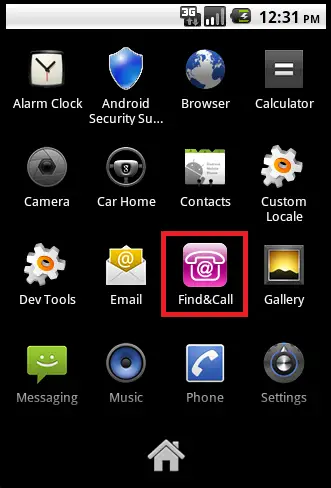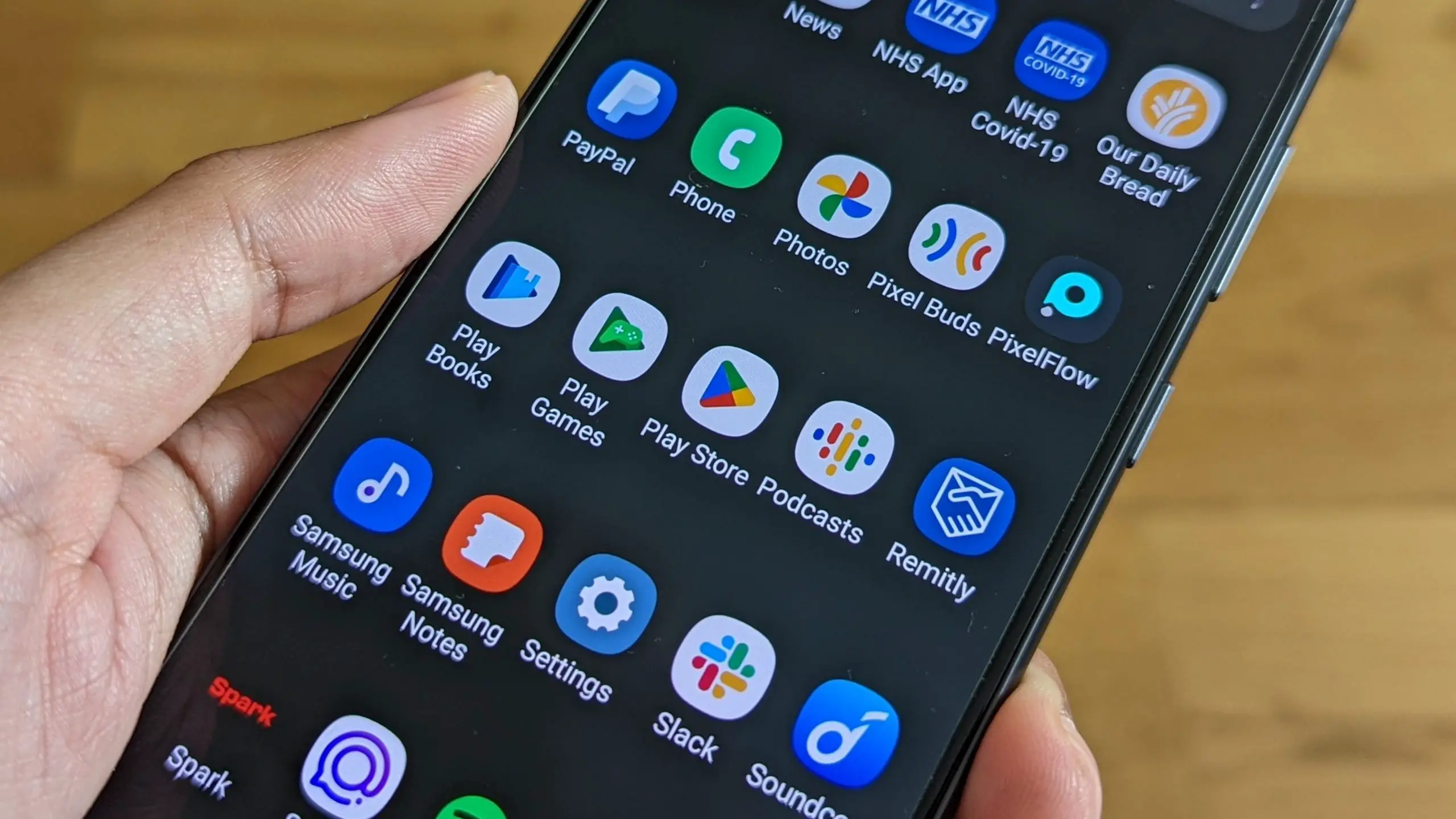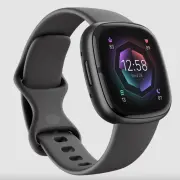Another big case of malware has struck the Google Play Store. An app called Find and Call was found to have malicious code by virus protection firm Kaspersky Labs. According to them, the app would take your address book and send it to a server. From there, the server would spam those in your address book with ads via text messages.
You can see just how terrible something like this is. Thankfully there doesn’t seem to be a large amount of people affected by this, and Google has taken usual steps to make sure that no one can be affected from here on out.
We’d love to believe this malware problem doesn’t exist, but we can’t. The only thing we can do is scrutinize our downloads more carefully. Read comments, search the developer on Google, do whatever you need to do to make sure the app you’re downloading is trusted by the community.
Even some apps that may seem trustworthy can have dormant malicious code (intentional or otherwise), but since we lowly non-developer folk can’t easily read that code we have to trust our instincts. Be safe, folks! Head to the source link for a more technical breakdown of what’s going on. [Kaspersky via The Verge]










I’m sure that this time, your friend tom-e will complain about the fact that you didn’t mention an Apple product. ^^
Test
Test one of test 2, eureka!
I agree.
Test 2
Was there an apparent revenue model for this app?
One thing which will dramatically reduce your susceptibility to malware is to determine what benefit the developer of the product is receiving for your use of it. If it’s a completely free app that clearly took some effort to build, is NOT open source, has no paid version, no ads, isn’t a “my first app / I built this for my resume” deal, and isn’t being used as a tool to promote something else (other products, brand, etc), then you might want to think twice about downloading it.
If you can’t determine the benefit that the other party is receiving, you need to watch your step. The same applies for all types of scams. If you can’t determine how the other party benefits from any transaction, online or off, the answer is that you’re getting screwed.
assholes I’ve been gettin messages like that.
This one got Apple, too. So, what I’m wondering is this: the app stores obviously have contact info for the developers of the malware, yet that contact info is, apparently, just as obviously deficient, since we never seem to hear about consequences to those developers. I’m thinking that, if sufficient effort was devoted to vetting developers, such that they would be readily identifiable and (relatively) easily apprehended, those developers would have to be pretty stupid to distribute their (mal)wares through the app stores. Or, am I missing something?